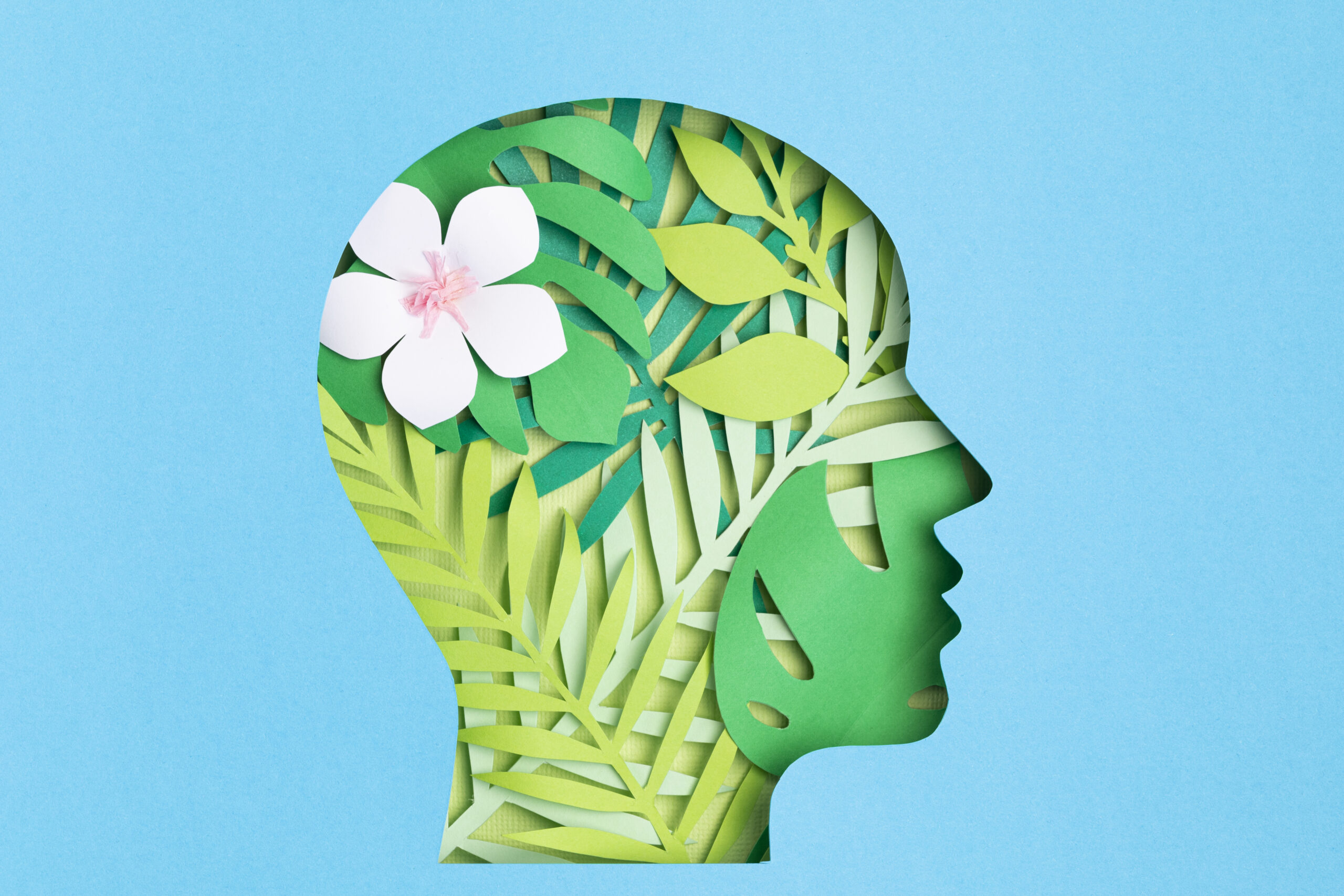
“Healing is a matter of time, but it is sometimes also a matter of opportunity.” — Hippocrates
More than two decades ago, as a young adult, I embarked on a relationship with someone whose behaviour increasingly concerned and perplexed me. Despite years of training and practice in psychotherapeutic and healing arts, I had not encountered similar symptoms before. Over several months, I meticulously documented his eccentric behaviour and unusual patterns. It became evident that I might benefit from professional insight to comprehend the situation. Consequently, I sought the expertise of a Western psychiatrist for insight into potential diagnoses.
The psychiatrist was perhaps a decade or more my senior. She eschewed makeup, always donned grey or brown wool suits, and wore glasses that seemed to highlight her professional objectivity. Additionally, she played the drums and, like me, frequently travelled to ashrams in other countries for her spiritual growth. Growing up in Vancouver, where diversity is a norm, her identity provided a subconscious sense of comfort and familiarity.
After receiving her insights into potential diagnoses for the person I had been dating, I realised that she could serve as a valuable professional listener in my life. Given my background as a highly sensitive person, others who are not familiar with the field are sometimes surprised to learn that a Western psychiatrist neither misdiagnosed me nor prescribed medication. Although I have never had any issue warranting a psychiatric prescription, I found this amusing because her acceptance and open-mindedness were not unusual to me. In many of the holistic programmes where I studied, I trained alongside several physicians and Western healthcare practitioners disenchanted with the limitations of their conventional training systems. Encountering open-minded professionals in these holistic programmes was commonplace.
It is important to note that individuals with religious backgrounds who are also highly sensitive are generally not labelled as experiencing a mental health condition by sophisticated psychiatrists for several reasons. Psychiatrists are trained to respect and consider cultural and religious contexts when evaluating behaviours and beliefs (American Psychiatric Association, 2013). Spiritually oriented practices and experiences are often respected as part of religious traditions rather than viewed as pathological. The DSM-5 includes guidelines for considering cultural factors in diagnosis, helping to differentiate between cultural or religious experiences and mental illness based on criteria such as significant distress or impairment in daily functioning (Sue & Sue, 2012). Additionally, many individuals presenting with sensitive-type aptitudes do not exhibit signs of significant distress or impairment, thus not meeting the criteria for a psychiatric disorder. This assessment process allows psychiatrists to distinguish between pathological conditions and culturally accepted practices and beliefs.
Although psychiatry largely shifted away from training in psychotherapeutic techniques and psychodynamic therapy about two decades ago, favouring medication prescriptions, she was from a generation that did receive psychotherapeutic training. This shift occurred due to several factors: modern psychiatric training programmes increasingly emphasised biological psychiatry and pharmacology over psychotherapy, driven by a focus on the quantifiable results of medication management (Whitaker, 2010; Healy, 2012). Economic and systemic factors, such as insurance reimbursements and managed care, favoured shorter, medication-focused appointments (Frank & Glied, 2006). Additionally, the division of labour in mental health care often sees psychiatrists focusing on medication management while psychologists and therapists traditionally provide psychotherapy. The influence of pharmaceutical companies and patient preferences for quick fixes also contributed to this trend. Fortunately, my psychiatrist was one of the last old-school practitioners who integrated psychodynamic psychotherapy into her practice, offering a more holistic approach to treatment.
Her cultural competence and understanding of diverse belief systems suggested she could be a reliable confidant. Having had my confidence terribly betrayed by a supposed mentor, a teacher, and two practitioners, the prospect of acquiring a new and trustworthy confidant was appealing. Unfortunately, such trustworthiness is often lacking in the Western holistic medical world due to a lack of serious commitment to ethics by practitioners. Even those with extensive conventional Western training sometimes display ethical aberrations. Similar to many other conventionally trained Western professionals I had encountered over the years, my psychiatrist openly admitted that Western medicine offered few methods with which she felt comfortable. At the end of our sessions, she often recommended readings by Western authors, such as those by Tara Brach, which never resonated with me. However, she proved to be a valuable listener. To be candid, during nearly three years of twice-weekly sessions, following an initial four months of weekly sessions, I frequently wished she would remain silent and just listen.
Throughout our sessions, she repeatedly suggested that I should have my own TV show, although I never enquired how she arrived at that conclusion. Everyone has their blind spots, and after many hours of listening to me, she did offer one insightful suggestion: she believed I needed to acknowledge that others might be envious of me, as unpleasant as that is to consider. As I recounted story after story of confounding human behaviour to her, she became steadfast in her conviction that envy from others was a significant issue I faced. This was problematic because failing to recognise or acknowledge that others are envious can lead to a variety of problems, including a negative impact on self-esteem, increased anxiety and stress levels, and inhibition of personal growth. The emotional labour involved in dealing with unacknowledged envy can result in maladaptive coping mechanisms and emotional exhaustion. Her insight was my key takeaway from that relationship. Acknowledging this issue informed me in establishing more robust boundaries and fostering enhanced interpersonal interactions.
In the end, after coming to this realisation and benefiting from three years of primarily being listened to, I would not choose to undergo the same process again. Engaging in lengthy conversations with someone whose viewpoint was somewhat limited felt less than stimulating. Overall, the encounter left me with discomfort from exposure to certain narrow perspectives. At times, the experience felt stifling, hindering my ability to freely explore new ideas. This dynamic over time led to frustration and emotional exhaustion that required time to heal.
In light of this formative period as a young adult, my resolve to provide ethical and compassionate care became even more resolute. This experience with Western psychiatry highlighted the paramount importance of maintaining an open-minded approach as a professional. Such a pivotal chapter solidified my dedication to advancing integrative and holistic methodologies that fully honour and embrace the rich tapestry of cultural and spiritual dimensions of wellness and healing.
References
– American Psychiatric Association. (2013). Diagnostic and Statistical Manual of Mental Disorders (5th ed.).
– Sue, S., & Sue, D. W. (2012). Foundations of Multicultural Psychology: Research to Inform Effective Practice. Wiley.
– Whitaker, R. (2010). Anatomy of an Epidemic: Magic Bullets, Psychiatric Drugs, and the Astonishing Rise of Mental Illness in America. Crown.
– Healy, D. (2012). Pharmageddon. University of California Press.
– Frank, R. G., & Glied, S. A. (2006). Better But Not Well: Mental Health Policy in the United States Since 1950. Johns Hopkins University Press.
